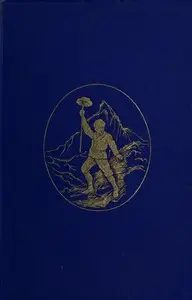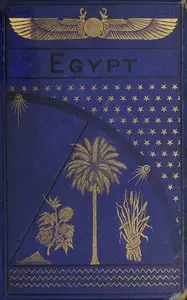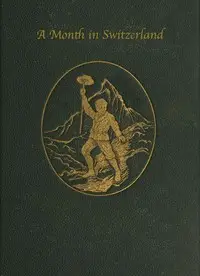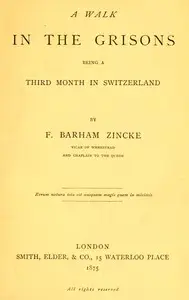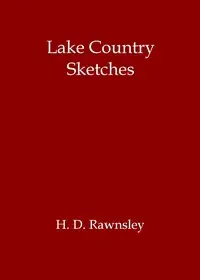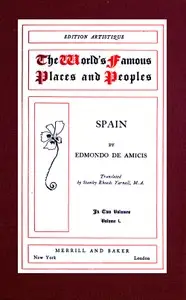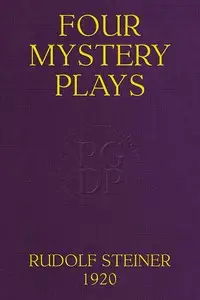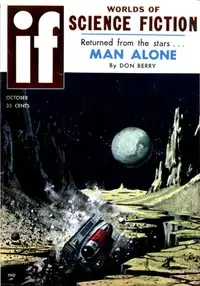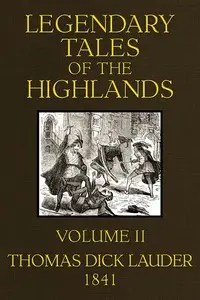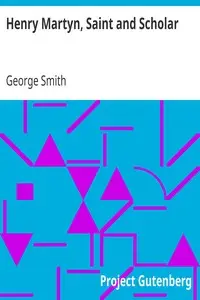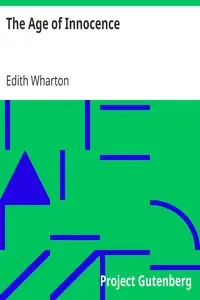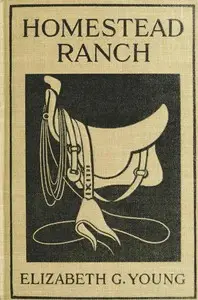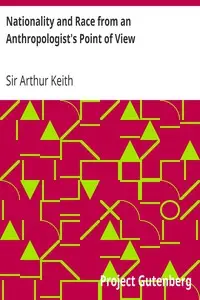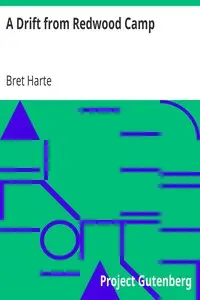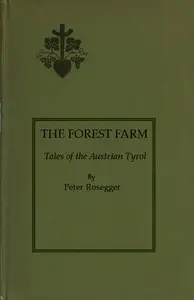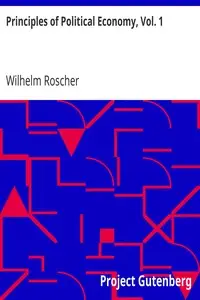"Last Winter in the United States: Being Table Talk Collected During a Tour" by F. Barham Zincke is a collection of travel observations likely written in the late 19th century. The book reflects the author's experiences and thoughts gathered during a winter journey across various regions of the United States, including the South and the Rocky Mountains. Zincke, a vicar and chaplain, provides insights into American society, culture, and the unique characteristics he observes during his travels, with a particular focus on the people rather than the landscape. At the start of the work, the author discusses the advantages of traveling to America in winter, suggesting that the season offers a chance to see a more settled and available population, as well as some practical benefits of sea travel during that time. He describes his voyage to America, detailing his fellow passengers, including Germans and Americans, and their varied opinions on societal issues. Zincke notes the behavior during a Divine Service held on board and expresses curiosity about American social dynamics, establishing a foundation for the exploration of broader societal themes that will unfold throughout his travels. (This is an automatically generated summary.)
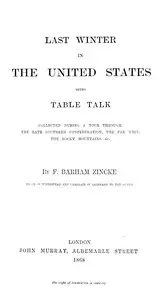
Last winter in the United States : $b being table talk collected during a tour through the late Southern Confederation, the Far West, the Rocky Mountains, &c.
By F. Barham (Foster Barham) Zincke
"Last Winter in the United States: Being Table Talk Collected During a Tour" by F. Barham Zincke is a collection of travel observations likely written...
Foster Barham Zincke was a clergyman, a traveller, and an antiquary. Zincke was born on 5 January 1817 at Eardley, a sugar estate in Jamaica. He was the third son of Frederick Burt Zincke, of Jamaica, by his wife, Miss Lawrence, a descendant of Henry Lawrence, president of Oliver Cromwell's council. He was fourth in descent from Christian Friedrich Zincke, the miniature and enamel painter. He entered Bedford School in 1828 and matriculated from Wadham College, Oxford, on 5 March 1835, graduating B.A. on 18 May 1839. He rowed in the Oxford boat at Henley in the same year. In 1840 he was ordained by Charles Richard Sumner, bishop of Winchester, to the curacy of Andover, and in 1841 he became curate of Wherstead and Freston, near Ipswich. In 1847, on the death of the vicar, George Capper, he was appointed vicar of Wherstead on the presentation of the Crown. Soon afterwards he began to contribute to Fraser's Magazine and the Quarterly Review, and in 1852 published Some Thoughts about the School of the Future, in which he criticised with some severity the system of education pursued in the universities and public schools. Shortly afterwards he was appointed one of the queen's chaplains.

